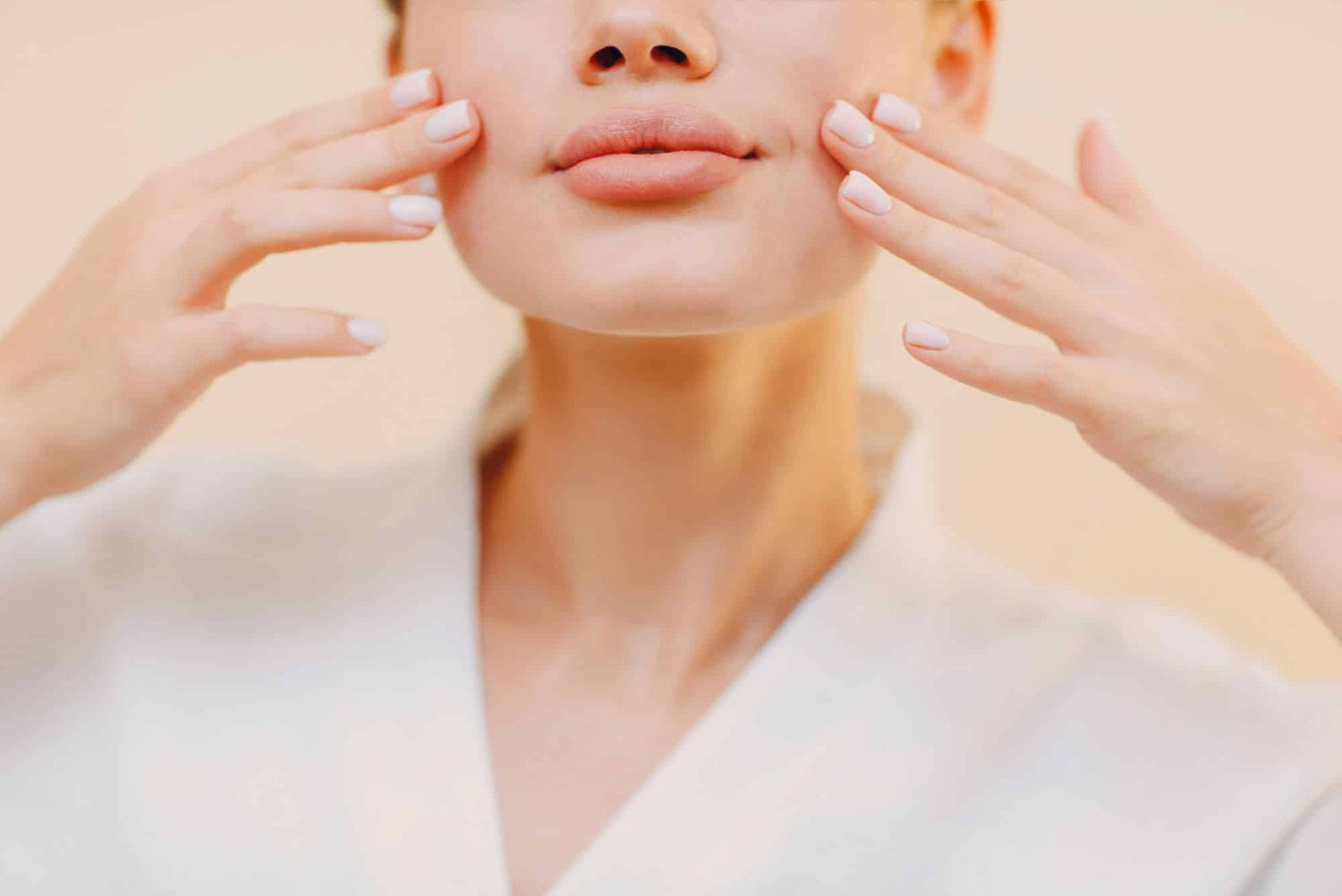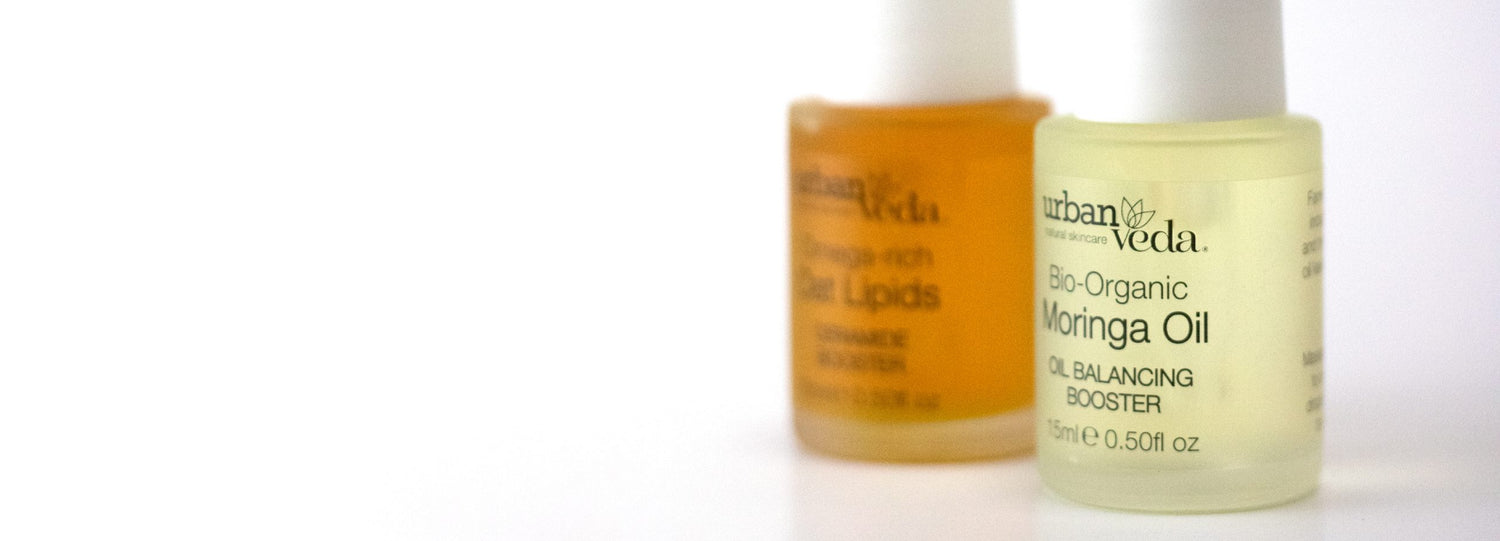What is Vitamin A?
Vitamin A, more commonly known as retinol, has numerous benefits for the skin. First, let’s begin by discussing exactly what Vitamin A is. Vitamin A is an essential micronutrient that serves several functions throughout the body. Not only does retinol ensure that your metabolism properly functions, a form of natural body contouring, but it also helps to maintain high levels of skin health. Most notably, those who are Vitamin A deficient often have severely dry or acne-prone skin. Take a look in your fridge. You can find Vitamin A in most dairy products, such as cheese and yoghurt. But don’t worry - if you're not a dairy fan or if you're lactose intolerant- you can increase your daily retinol intake without extreme dietary change (especially if such changes do not align with your lifestyle or beliefs). The good news is that you can improve the appearance of your skin simply by using products that contain retinol. The skin is what professionals call a retinoid responsive organ, so when applied topically, the skin absorbs Vitamin A easily. Now let’s discuss the numerous benefits of Vitamin A for the skin.What is Vitamin A good for?
Helps reduce acne
- A common cause of acne develops when oil and dead skin cells build up inside the hair follicles on the face. This blocks the pores resulting in congestion. Retinol creams boost skin cell turnover, which not only reduces the visibility of acne but also helps to prevent new blemishes from rearing their heads. Similarly, retinol facial washes remove dead skin cells, dirt, and oil from the pores, leaving skin clear and bright.
Anti-aging properties
- Fine lines and wrinkles are to be welcomed with years of wisdom and grace. However, for those who are wanting to turn back the time a few years, Vitamin A has powerful anti-aging properties. Fortunately, Vitamin A facial oils penetrate both the epidermis (the outer layer of skin) and the dermis (the inner layer of skin). Facial oils are great for stimulating blood flow, which naturally brightens the complexion through the act of massage, and the use of retinol within a facial oil adds another dimension of promoting the production of collagen and elastin. The inner layer of skin becomes thicker, reducing the overall appearance of fine lines and wrinkles.
Good for sun damage
- We recommend that you use Vitamin A creams and serums at night. When applied topically, retinol creams help to reduce the appearance of sun damage. Increased skin cell turnover means that discoloured and damaged skin cells shed faster, lessening redness and revealing fresh, new skin cells underneath. Sounds good, right? But that doesn't get you off the hook from using sun cream. We recommend that you apply a high factor sun cream throughout the following day to protect skin from the sun’s rays, as when retinol is used, those new skin cells are more susceptible to sun damage, without the use of sun cream.
Vitamin A is good for skin pigmentation
- Dark or brown spots can be reduced through the daily use of Vitamin A creams. Retinol calms and blocks enzymes that aid the production of melanin (dark skin pigments), leaving the skin radiant and with an even tone.
How to Add Vitamin A to your Daily Skincare Routine
The most effortless way to incorporate vitamin A into your life, you may ask? Buy products that already contain this essential nutrient. Our replenishing Reviving range contains Rosehip, which is an excellent natural and plant-based source of Vitamin A. We suggest you try our multi-award-winning Reviving Facial Oil. It’s a great ayurvedic facial oil for the face and will rejuvenate your skin.





